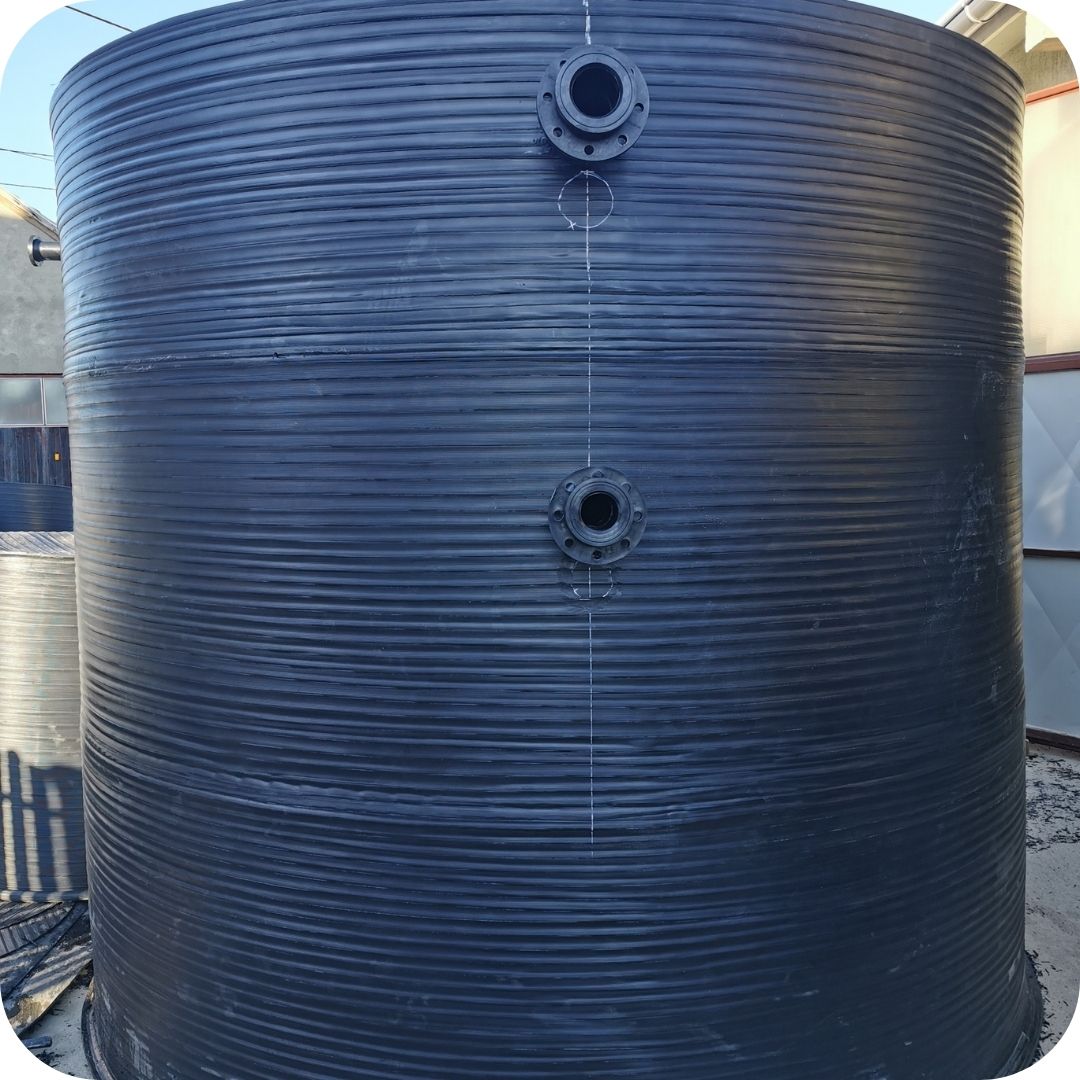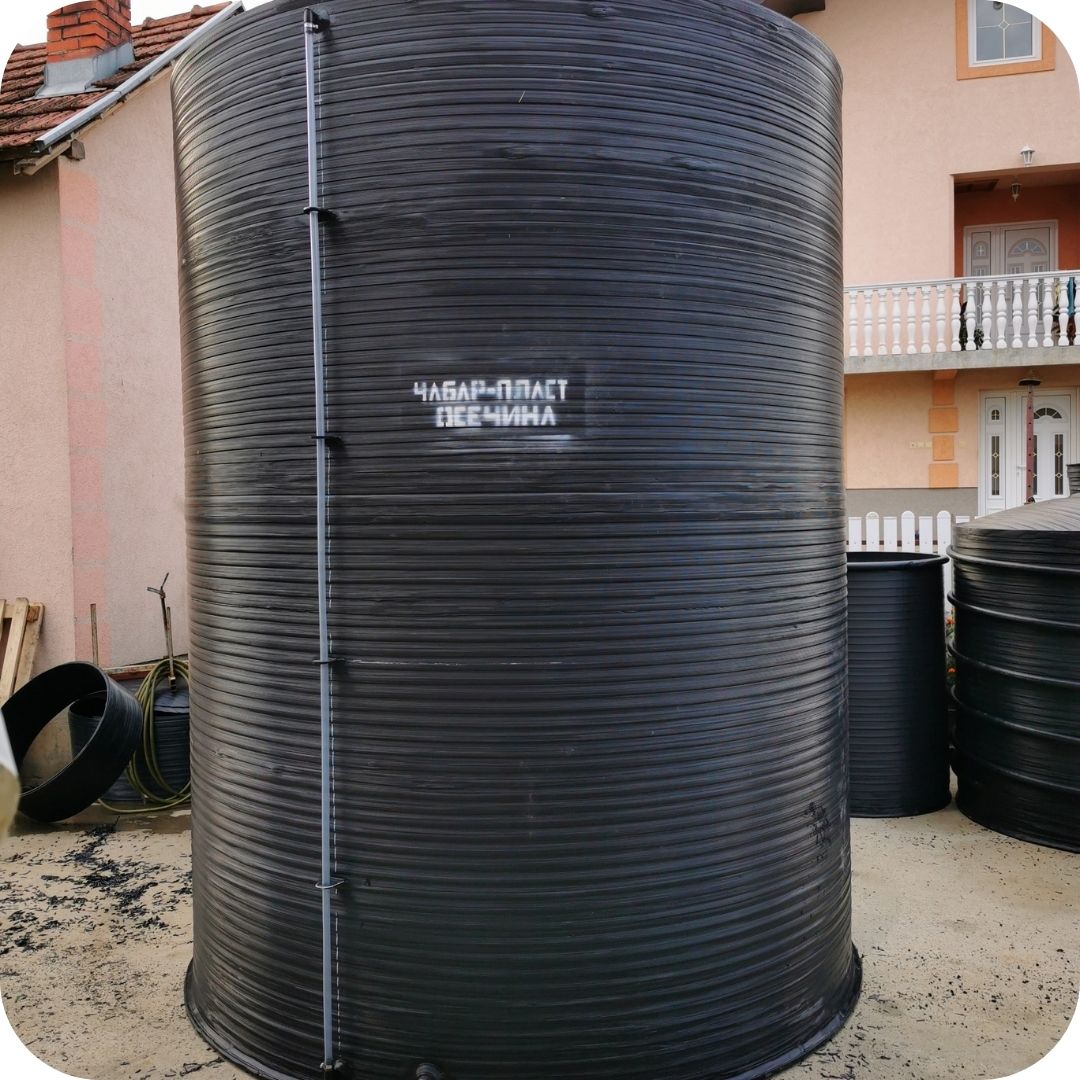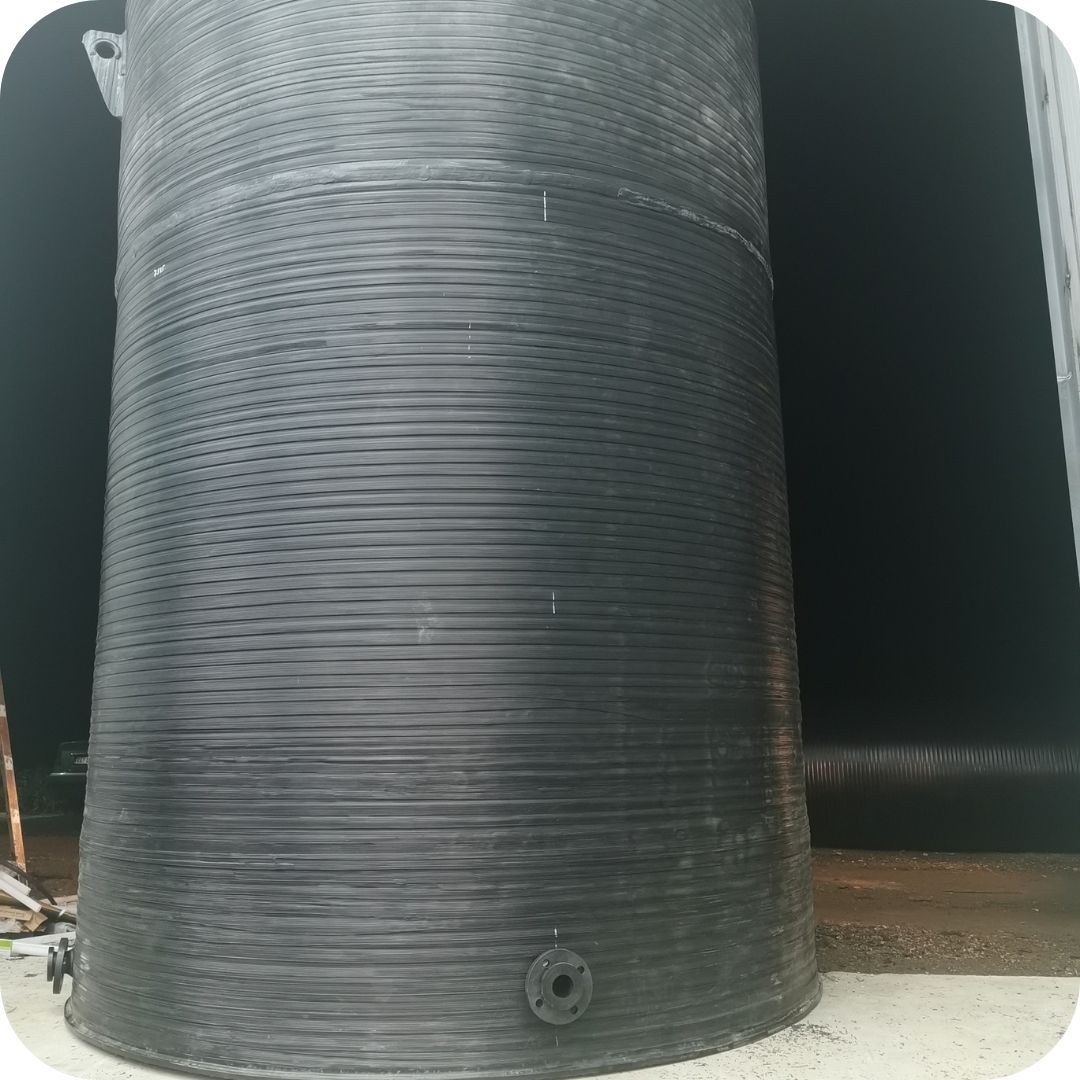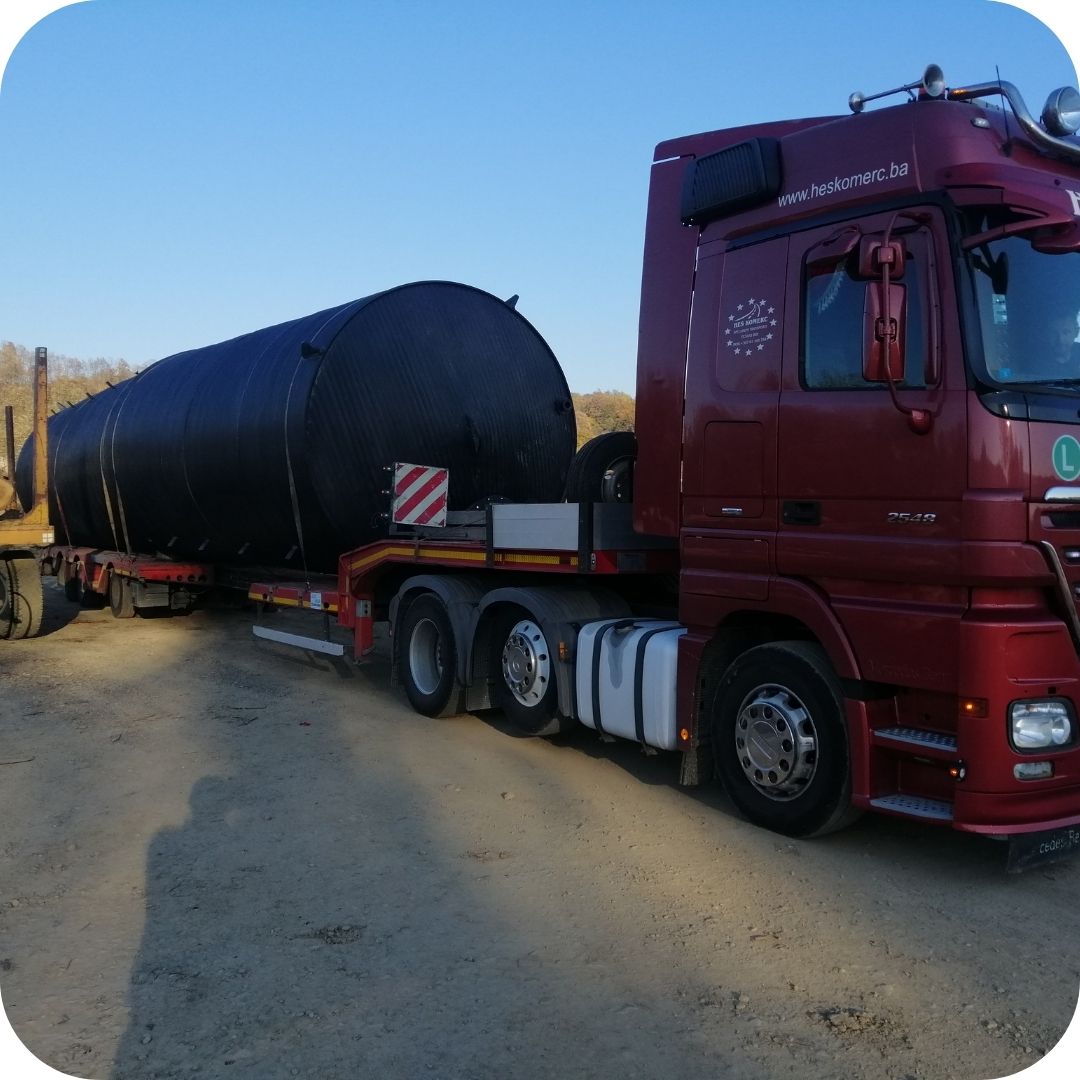Environmental and Health Considerations
The storage and use of sulfuric acid pose significant environmental and health risks. Proper containment and handling practices are essential to prevent spills and leaks that can harm the environment and human health. Regulatory compliance and environmental stewardship are paramount in managing the risks associated with sulfuric acid.
Customization and Engineering Support
Understanding the diverse needs of industries that use sulfuric acid, storage solutions are highly customizable. From tank size and shape to the inclusion of monitoring and control systems, tanks can be tailored to meet specific operational requirements. Engineering support ensures that storage systems are designed and maintained to the highest standards, providing reliability and safety in sulfuric acid storage.
By choosing HDPE tanks for storing sulfuric acid, companies opt for a reliable, safe, and long-term solution that ensures a high level of protection for the environment, property, and people. Corrosion resistance, design flexibility, cost-effectiveness, and ease of maintenance make HDPE tanks the optimal choice for storing H2SO4 and other aggressive chemicals.











